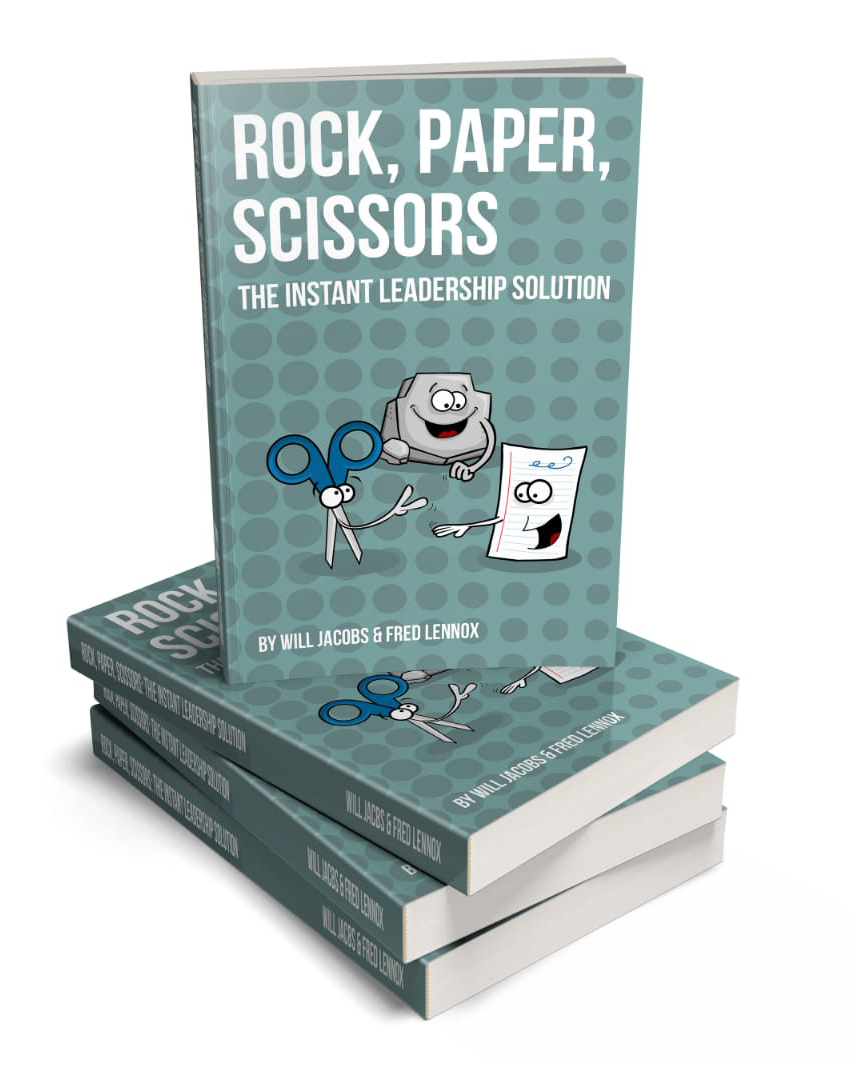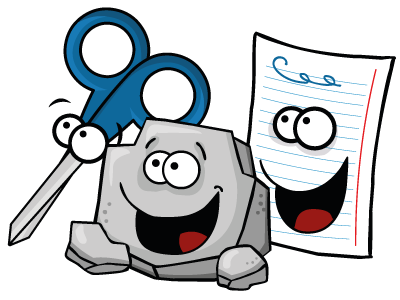
Using Verbal and Non-Verbal Cues with RPS
Do you want to master the skill of instantly understanding people's intent by recognizing the signals they share about their dominant characteristics?
Have you ever been in a #Leadership position where what people are saying is not in line with how they are acting? If so, how did you address this?
Are aware that you can leverage both verbal and non-verbal cues to identify the personality types of your colleagues and in turn influence them?
In this installment of our blog series, we will discuss the verbal and non-verbal cues Rock, Paper, and Scissors elicit.
The value if this technique is in using observable cues to inform how you adapt your own behavior, so that you can build positive, high performance, relationships quickly and easily.
Everyone has their own preferred style, and most of us offer a “tell” with just about everything they say and do. The key is to ask the right questions and gather the behavioral evidence to understand the type of person you're dealing with. Now let’s review the three personality types.
Rocks are persistent people with a high level of conviction regarding their values and beliefs.
They are also closed to external feedback, finding it uncomfortable to explain their viewpoints. It is very difficult to change their minds about an idea or plan once they’ve decided on an action to take and will stop at nothing to deliver on their commitments no matter what.
Papers, on the other hand, are talkative, action-oriented, sociable, enthusiastic, and often out-going.
They love to talk in order to explore a subject rather than getting to the point and look for solutions to problems by discussing them with others.
Scissors are insatiably curious, exacting, analytical, and highly organized.
They set themselves high standards for everything they do and have a rigorous work ethic. The devil is certainly in the details for them, and they have a passion for continuous learning.
Let’s take a look at the verbal clues first. You will find Rocks, Papers, and Scissors will initially respond differently to the same question.
Question: ‘John doesn’t like the decision we made last week. Can we change it?’
Rocks often say: No, the decision’s been made — he’ll just have to live with it.
Papers likely say: Of course, let’s do it.
Scissors probably answer: Why doesn’t he like it?
And a classic question we must all have asked or received multiple times at home or with friends of where to have dinner tonight;
Rock: That new Mexican place.
Paper: Whatever everyone’s most happy with. I’m easy.
Scissors: I’ll check the review sites to find the best option.
Now, we will delve deeper into non-verbal cues of the three types. Often what people do is as important or even more so than what they say. Be observant of your colleagues’ body language as well as how they say things.
Rocks will often sit with their arms crossed, showing little emotion. They prefer a corner position so no-one can enter the room behind them, and give often short answers to questions.
Papers will shake everyone’s hand on arrival, ask you about your kids, explain why they’re late (they often are), and try to steer the conversation away from anything that involves details and problems. They prefer to focus on opportunities.
Scissors will generally spread piles of data and folders in front of them on the table or they will be glued to their device (phone, tablet, laptop). They’ll take continuous notes and always be asking questions about what’s being discussed.
Remember, focusing solely on either of the two cues on their own most often isn't enough to ascertain someone's type — you will need to consider them in concert via a combination of observations to come up with an accurate assessment of someone's Rock, Paper, or Scissors type.
It all comes down to what colleague’s say and how they say it. Also, don't underestimate how your colleagues operate within a particular environment.
Be aware, you're not making any value judgements about these categories of behavior because there's, of course, no 'right' or 'wrong' personality or way of working. All three types are advantageous in different situations, and falling into being critical is a common pitfall of our technique.
Are you interested in learning more? If so, Will Jacobs and I offer a fast and effective solution in our new book: “Rock, Paper, Scissors: The Instant Leadership Solution”. We believe that it is incredibly important read the room, both from what people say and what they do in order to best identify and nurture the different personality types an organization.
Check out Rock, Paper, Scissors: The Instant Leadership Solution available now on Amazon
After all, only by truly understanding those around us can we best help to motivate, communicate, connect, achieve, succeed and truly #Lead!
You can also follow us via our LinkedIn Business Page or website at RPS.academy.
Latest Blogs
Our teams are ready to adapt, are we?
How RPS can Enhance Emotional Intelligence
Help, I need somebody
Staying Connected
Finding Joy




